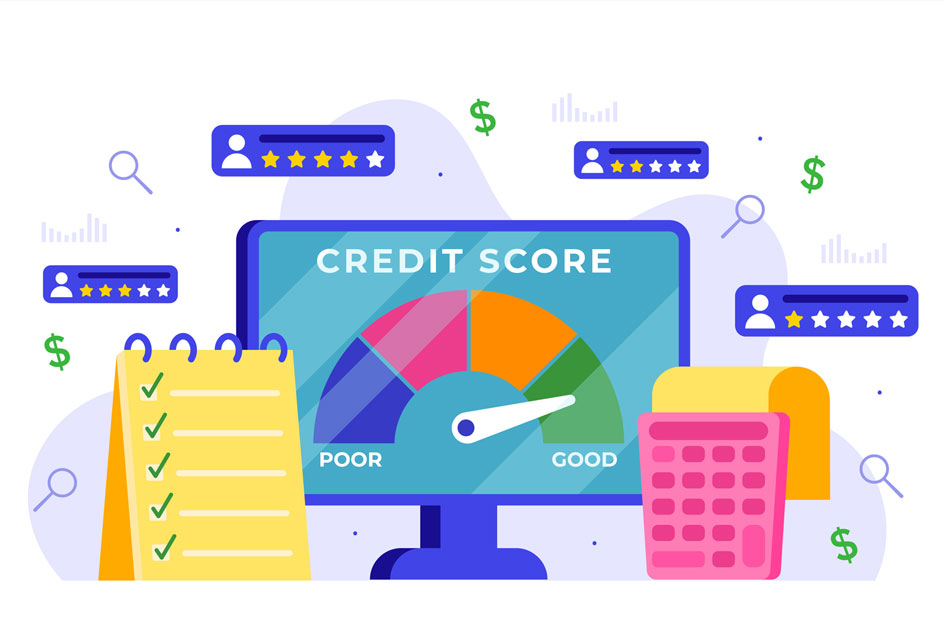One of the principal burdens you bear as an owner is both to ensure your business is successful and secure their financial well-being. Both can be provided at once by purchasing life insurance, which, for business owners, is an indispensable tool. On the one hand, life insurance gives a safety net in case of death to your family, but, on the other hand, it helps to save your business too, in circumstances beyond your control. Having discussed what a life insurance policy is, let us then discuss the importance of having it, why business owners really need it, and how it will protect both your family and your company. Let us finally consider the various types of life insurance you may need. Why Life Insurance Matters for Business Owners.?
A business always entails various risks. The onset of any incident against you can compromise the financial security of your family and destroy the future of your business. Life insurance can secure both for you.


Two major purposes life insurance serves for entrepreneurs are as follows:
- If you die, life insurance can keep your loved ones on an even keel – by providing a lump sum to cover daily expenses, debt, and other future financial goals like funds set aside for education. This will prevent problems for your family related to the loss of your business income.
- Life insurance can fund a business through a leadership transition or pay off outstanding debts and obligations. Without having one, your business operations might not be able to further proceed, and even affect your working employees, valuable customers, and your family members’ financial future.
Types of Life Insurance for Business Owners
Business people have many kinds of life insurance, and all are targeted at meeting various purposes. These include term life insurance, whole life insurance, and key person insurance.
Term Life Insurance
Term life is one of those kinds of insurance that covers a period. This period can vary between 10 to 30 years. It is the least expensive option, which really attracts small business owners seeking coverage but on a budget. Term life insurance has the advantage where, if it is due and you die during that term, your beneficiaries will receive a death benefit. This can help your family pay for debts such as a mortgage or college tuition. The income can be used to re-pay any loans or financial liabilities that your business could have, hence keeping the business running.
However, once the term runs out, coverage will end up lapsing unless renewed and there is always an increased premium. This is only suitable for temporary protection but not ideal if you are seeking permanent coverage.
Whole Life Insurance
Unlike term life insurance, you are insured for life, while you are alive – provided that you continue paying premiums. Second, whole life insurance comes with a cash accumulation component – over a period of time that is eligible to be considered in an investment or as a source of borrowing throughout your lifetime.
In this regard, life insurance coverage can provide much more security to businessmen on the playing field. This will ensure that your family and business are paid out regardless of the time you die. It also means that cash value can become an important resource for your business and you can use it to help finance growth, amongst other business expenses at difficult times. Whole life is in fact costlier than term life, but a great option for the business owner seeking long-term coverage.
Key Person Insurance
Key person insurance is tailor-made for businesses, where its main aim is to ensure that they will not suffer the shock of losing such a vital employee, or an owner for that matter, or top executant. A payout under the insurance will be made in case of your, or any other key person’s demise, by giving it to the business. The hiring of a replacement, paying off the loss of revenue, or even clearing off some business debts can thus be achieved.
Life insurance for a key person protects against loss of a crucial executive in your business. For small businesses, it is most critical because they are operated by one or a few key persons when the decisions are taken.
How Does Life Insurance Act As An Essential Tool For Your Business
For Your Business, Life Insurance Protection Isn’t just for your family, it’s an essential tool for ensuring continued success for your business.
Here’s how life insurance can protect your company:
Funding Business Loans: Most business entrepreneurs seek loans to finance the establishment of their business. At the time of your death, your life insurance will ensure that there is liquidity that will settle that debt to either family or business partners. Otherwise, the family will inherit the shoddy task of disposing of the business or property to settle the debt.
Business Continuation Planning: If a business is being shared by partners, life insurance is the transfer of ownership in case there were to be a death. A buy-sell agreement is created wherein partners agree to purchase each other’s shares in case a death occurs. This would fund the buyout with life insurance, and the surviving spouse would fully own control of the business, or rather be able to assume complete ownership of it without having to relocate and seek other options.
Servicing Your Staff: The organization gives job security, and life insurance may meet the business needs to keep the organization operational until new leadership comes in. This ensures your employees are protected while your business does not immediately suffer a shock.
Use of Life Insurance in Estate and Tax Planning: If business is the predominant portion of the estate, then estate taxes may become an overwhelming concern to those loved ones. Use of life insurance can provide liquidity to pay those taxes, thus allowing your heirs to retain ownership of the business without the necessity of selling assets to pay the tax bill.
Balance between Meeting the Needs of Family and Business
As a business owner, your life insurance plan should be both built on the future of your business and matching the monetary security of your family. Here’s how both of it can be protected in one roof:
Determine Your Needs: Assess how much you can expect to pay for coverage based on your debt towards your business, your family’s financial needs, and the cost to replace key people in your business. This will determine what type and how much life insurance you will need.
Expert opinion: An insurance consultant or financial advisor can be approached with a clear idea of the needs of business owners. He will make a life insurance plan that usually involves personal and business protection.
Review your policy regularly: The nature of your business or changes in life may change your needs for life insurance. You are, therefore, very fundamental to reviewing your policy regularly to ensure it evolves according to your goals and objectives as well as to offer the best protection.
Conclusion
For any business owner, life insurance is that powerful tool providing protection not only to your loved ones but also to your business. So whether you’re into term life insurance and low-cost, temporary coverage, whole life insurance for lifelong security, or key person insurance in order to cover loss of vital employees, it brings about a sense of security at the right policies. In fact, having life insurance as part of your financial strategy can protect your business, ensure an uninterrupted transition upon your death, and build security for your family’s financial future. Right insurance policy provides the right investment to future business leaders, but for successful and sustainable business management, it is critical.







